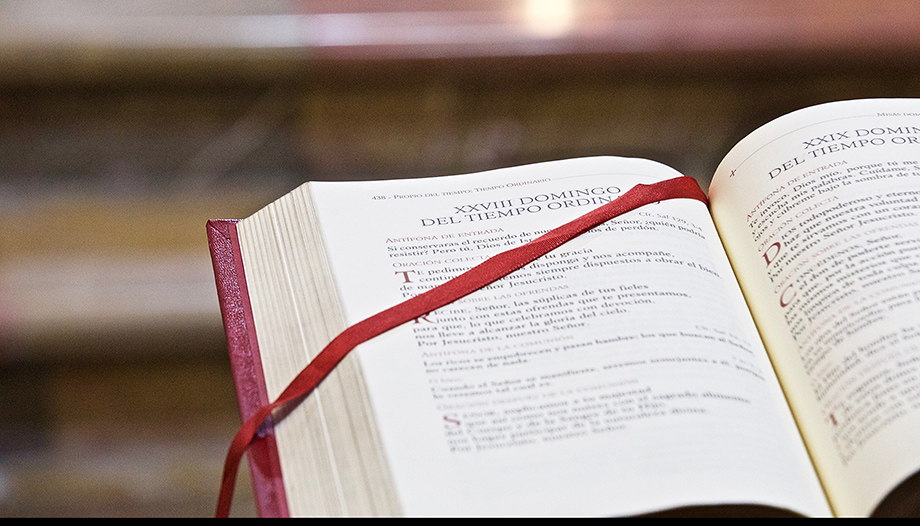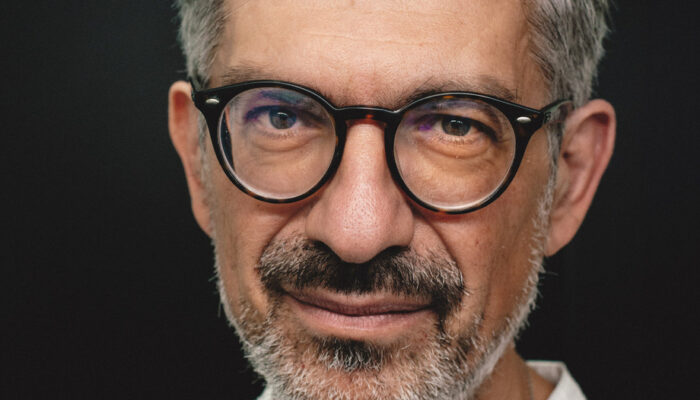In ancient Hebrew there is a word for "breath", "wind" and "spirit", and it is "ruah". This helps us to understand the action of Jesus in today's Gospel: "He breathed on them and said to them, 'Receive the Holy Spirit'.". The Spirit is the "breath" of Christ, his "wind". And, of course, the coming of the Spirit on the day of Pentecost as wind expresses precisely the same idea. The Spirit is the "breath" of the Father and the Son, their very life. Some Church Fathers even dared to describe the Spirit as the "kiss" between the Father and the Son, the very "breath" of their union. Such images help as long as we do not forget that the Spirit is a true divine person, equal to the Father and the Son, equally intelligent and powerful. He is the love between them, but, as Pope St. John Paul II said, "Person-Love". Not just a force or a feeling, but a divine and personal being.
It is this Person-Love that Jesus breathes upon his apostles in today's Gospel and that we see descending upon them in the first reading. This helps us to live today the great feast of Pentecost and thus to deepen our relationship with the Holy Spirit. Jesus "kisses" him in us. "Kiss me with kisses from your mouth!"We read in the Old Testament book Song of Songs, which describes the union between God and the soul. Christ kisses us when he comes to our tongue in the Eucharist. He kisses us when we read - especially aloud - his word in Scripture, which passes from the tongue to the heart. "The word is close to you: it is on your lips and in your heart."St. Paul says to the Romans.
Today's readings focus on a particular aspect of the gift of the Spirit. Yes, it comes with force, uncontrollable, like the wind at Pentecost. But Jesus also breathes it gently into our souls through the ministry and preaching of the pastors of the Church, successors of the apostles.
And when we think of the gift of breath, in addition to the kiss, which expresses love, we could also think of things like mouth-to-mouth resuscitation. Without the Holy Spirit, the Church would run out of breath. And when our lungs become breathless, even cancerous, because of sin - and this can happen in our lives and in the Church - Christ breathes new life into them, especially through Confession. It is not surprising, therefore, that the gift of the Spirit of Jesus after the Resurrection, that is, after having conquered sin, consists in bequeathing to the Church the power to forgive sins.
Homily on the readings of the Solemnity of Pentecost (B)
The priest Luis Herrera Campo offers its nanomiliaA short one-minute reflection for these Sunday readings.








